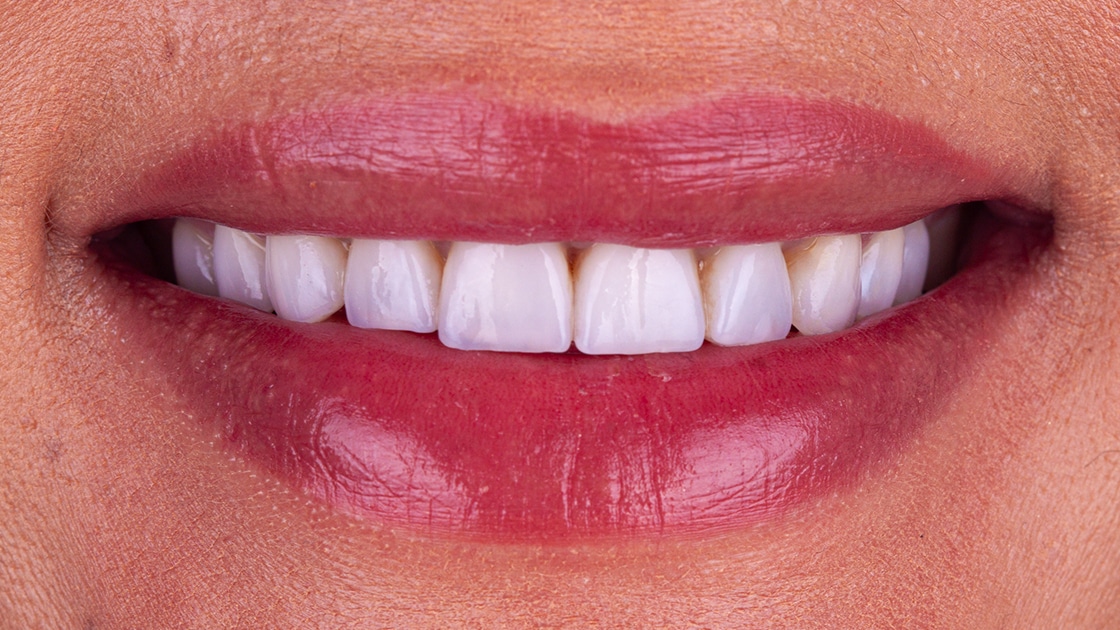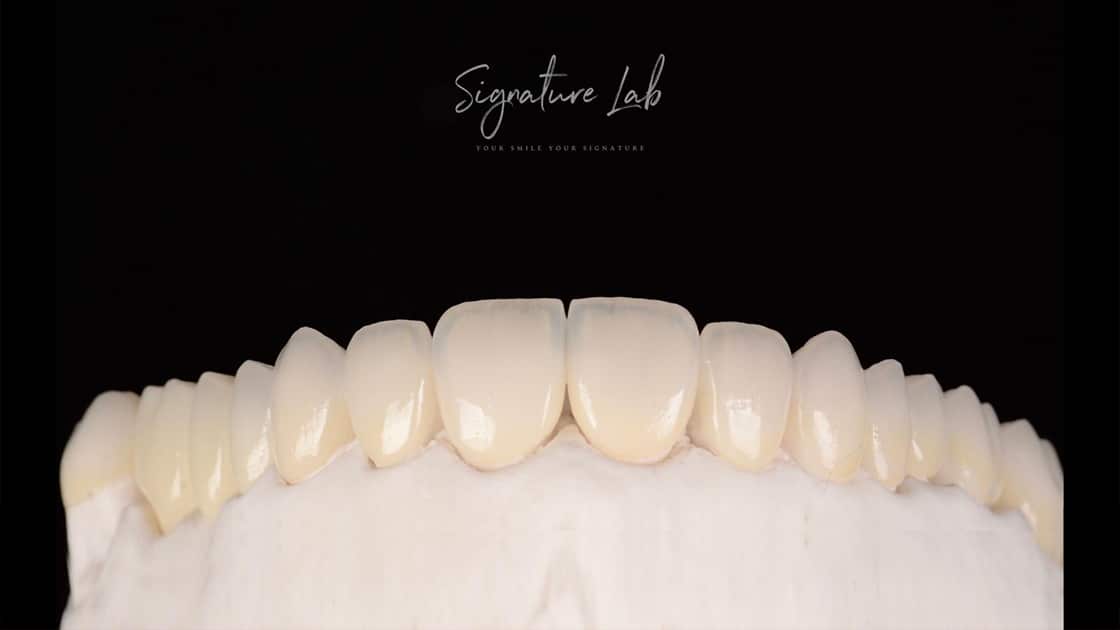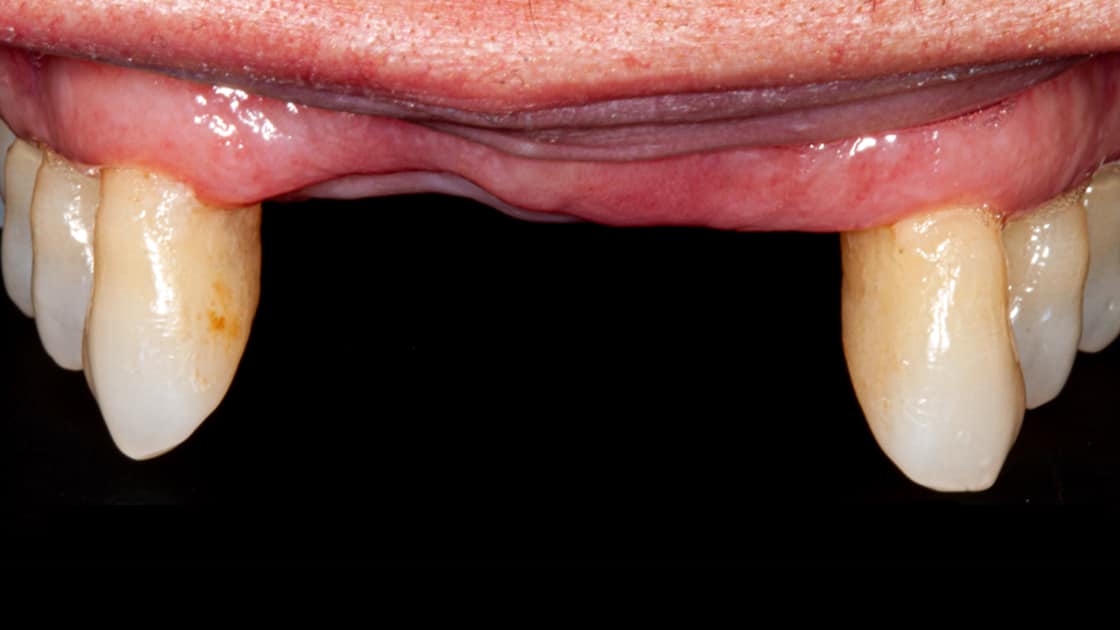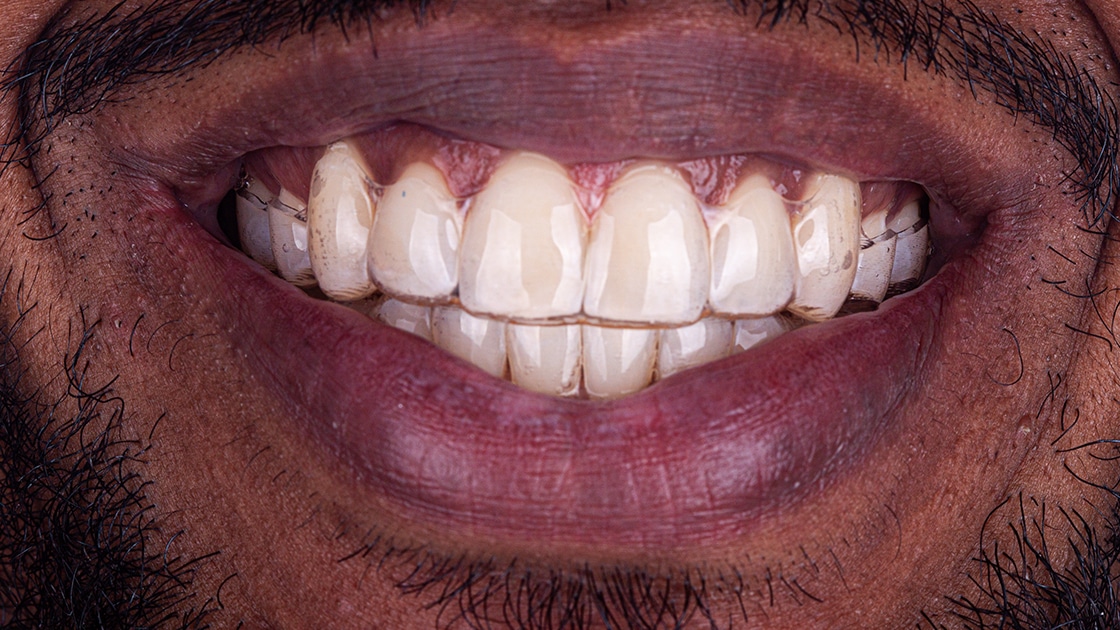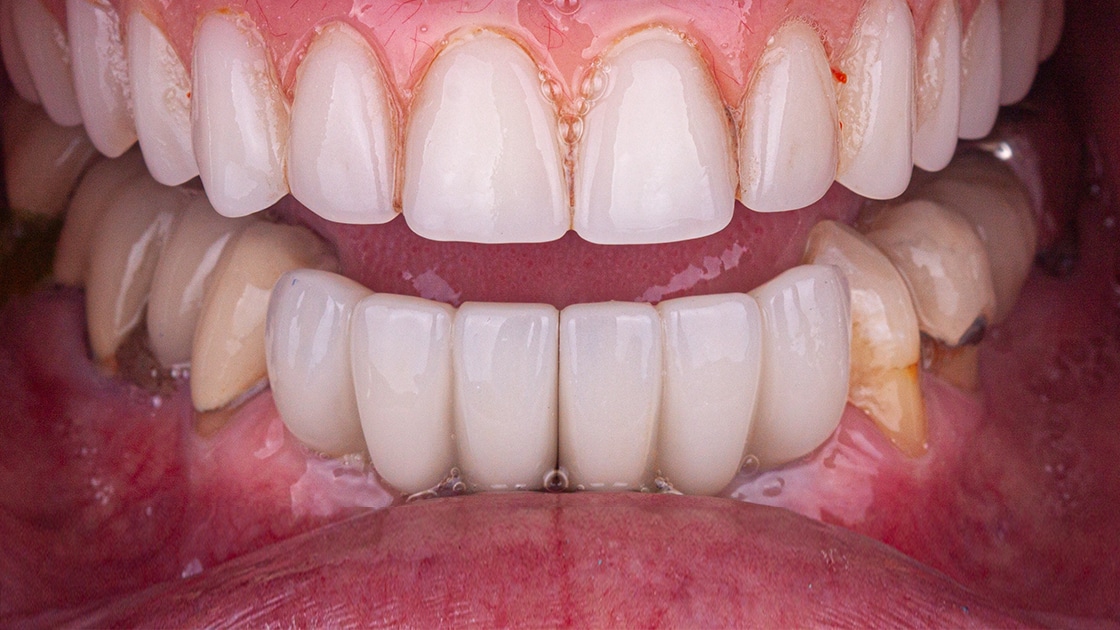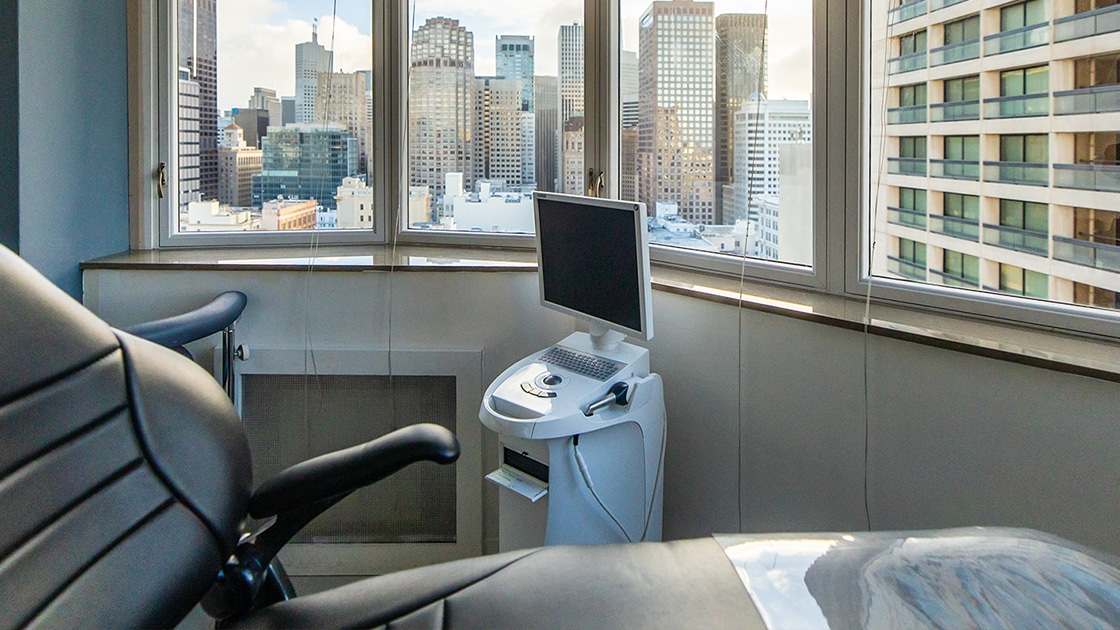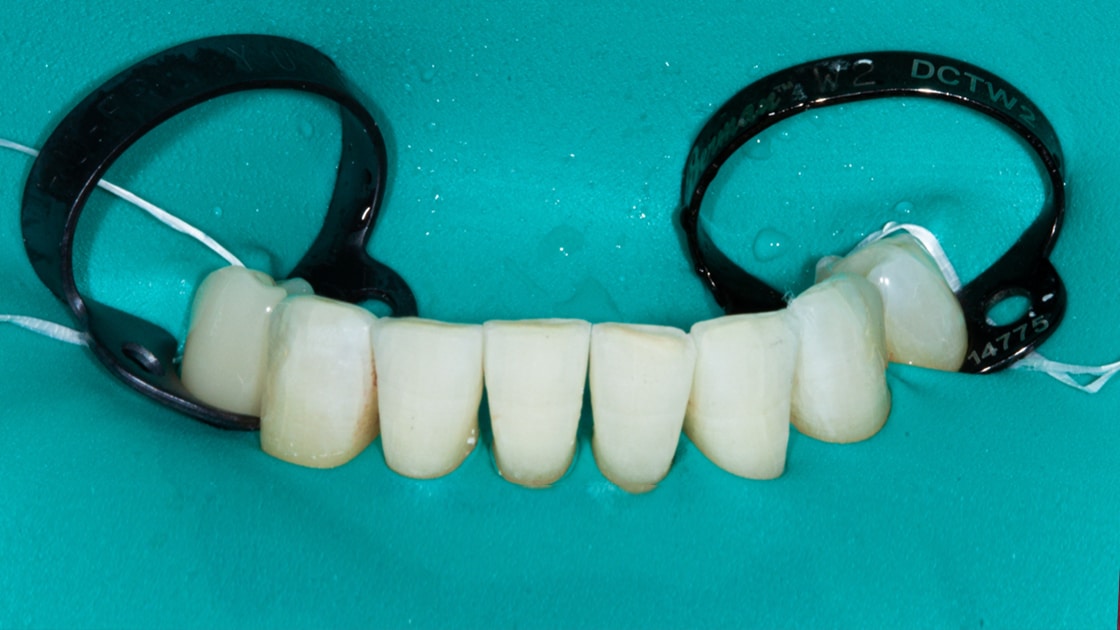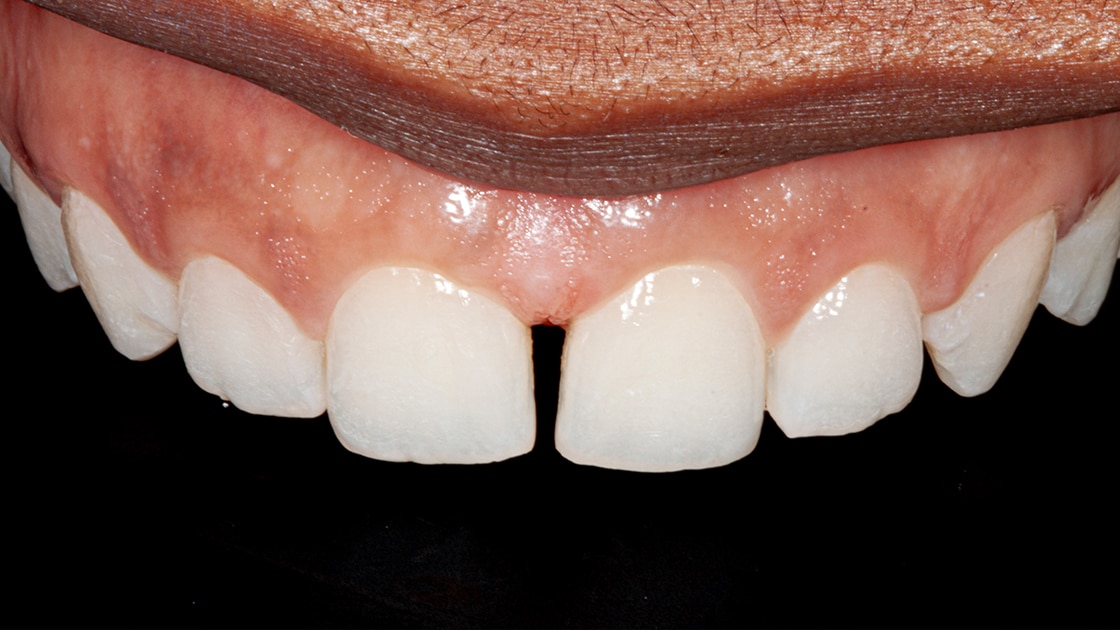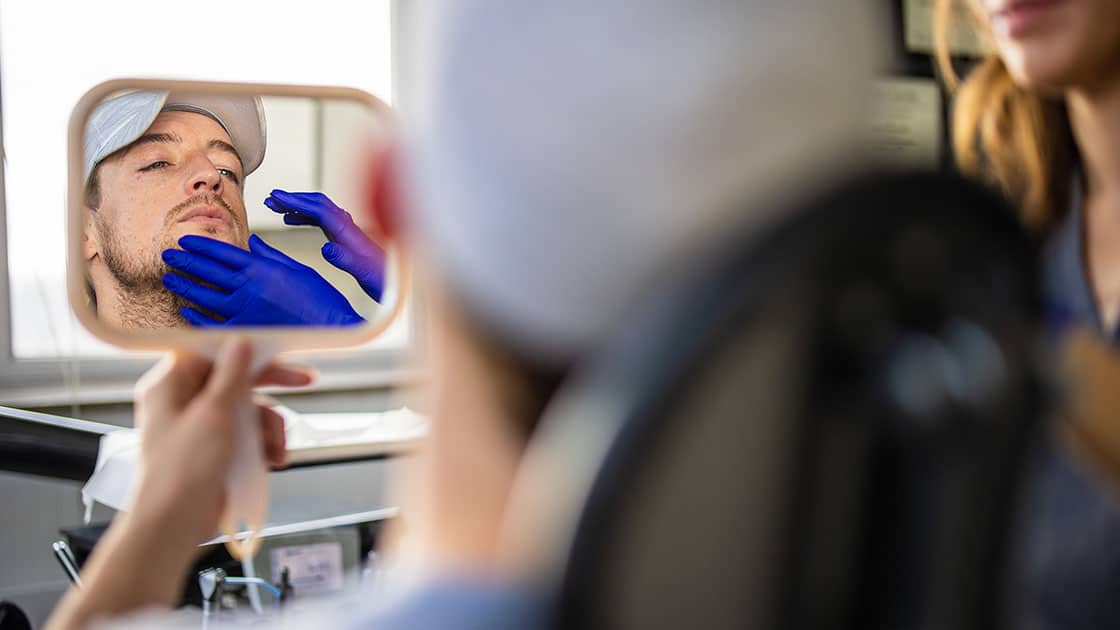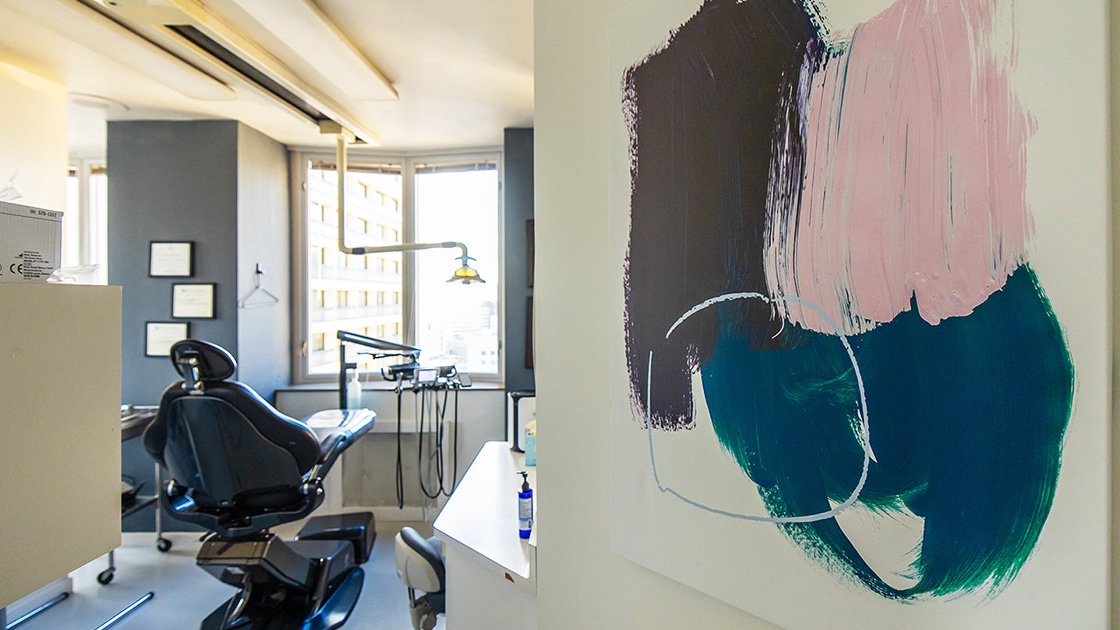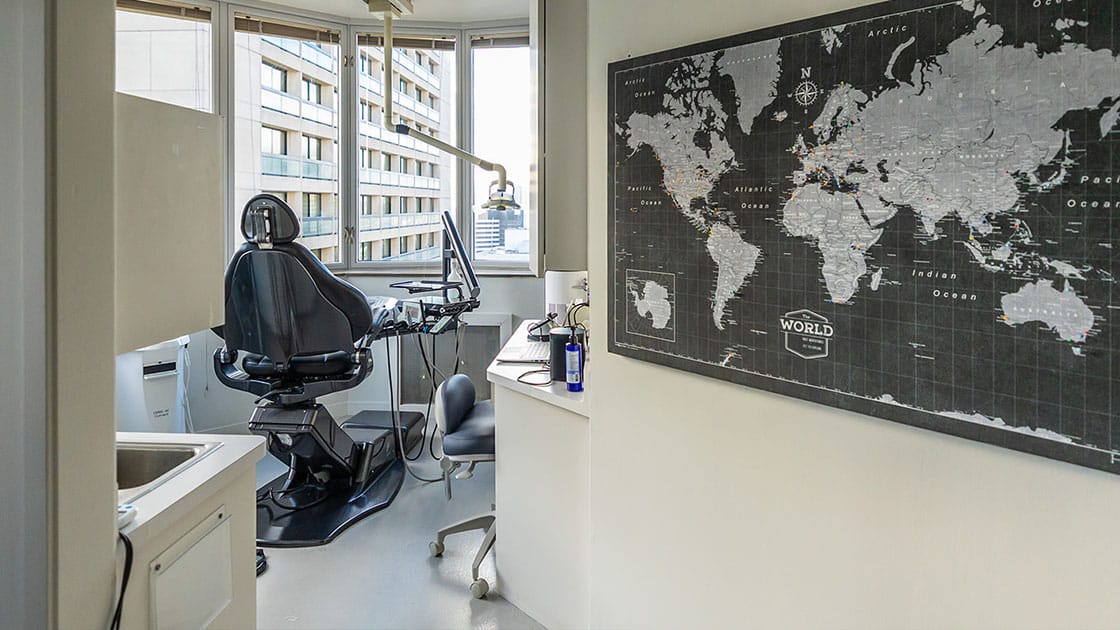
To make an appointment or receive more information, call our San Francisco, CA office at 415-757-0110 .
Our office specializes in cosmetic dentistry services and procedures that pay attention to not only the health and function of your teeth, but also the aesthetics. We want you to maintain great oral health but we also want you to have a beautiful smile and the confidence to smile often!
Looking for a practice in the San Francisco area? Contact us at 415-757-0110 to schedule an appointment today!

